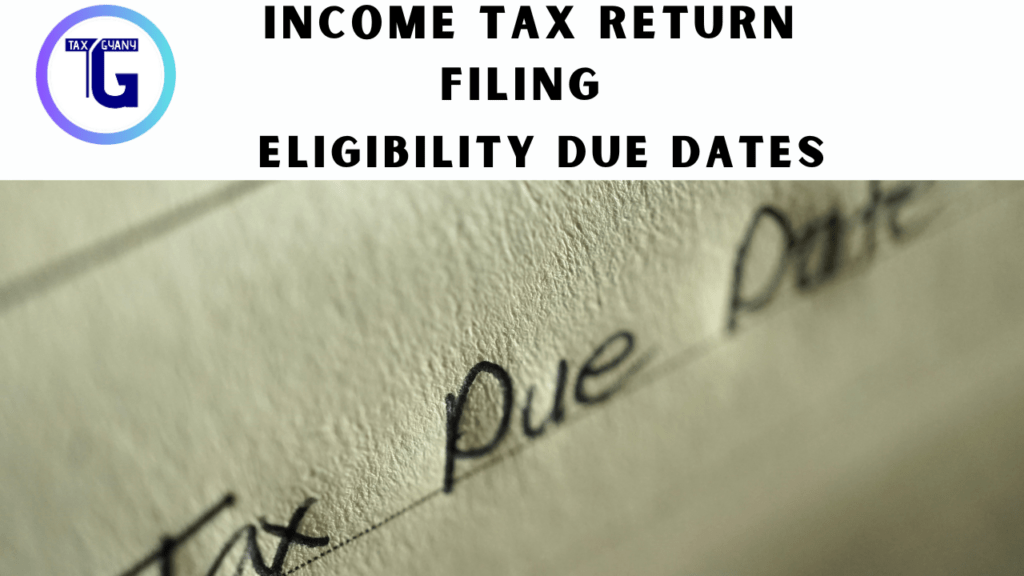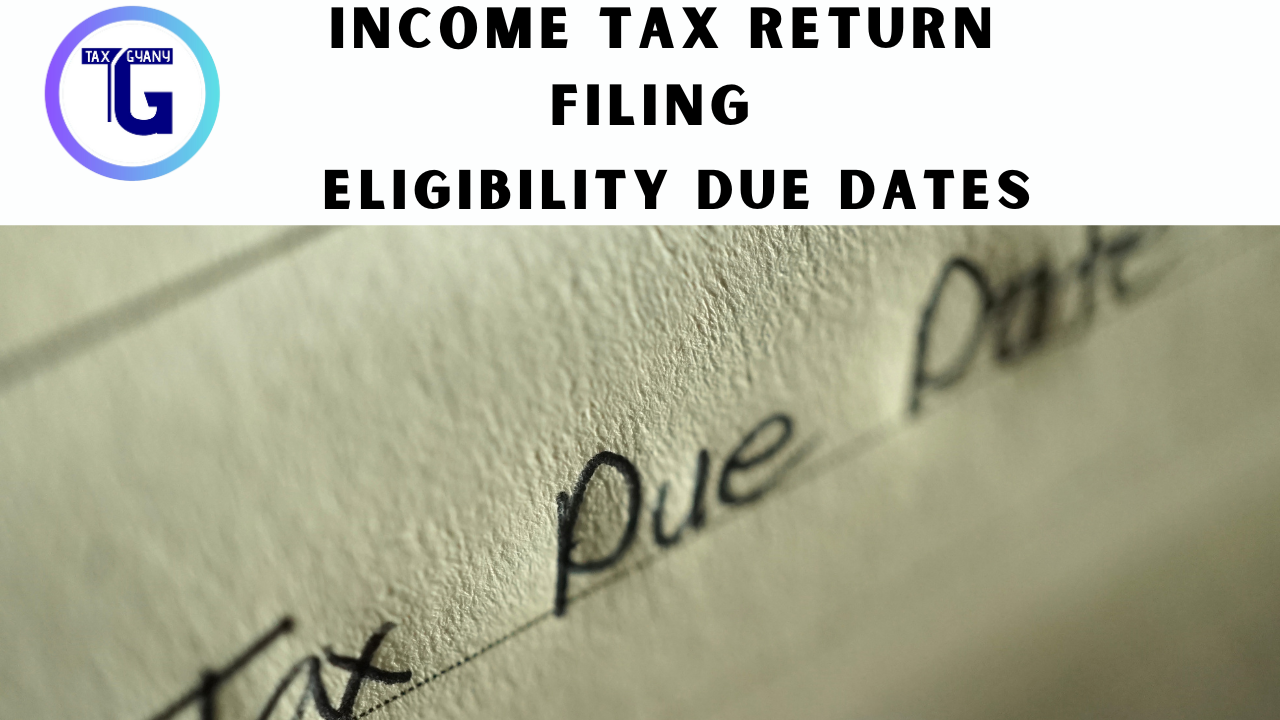ITR-4 Return Filing Eligibility Due Dates And More Filing income tax returns is a fundamental obligation for individuals and businesses alike, and selecting the appropriate ITR form is crucial for accurate reporting and compliance. In this comprehensive guide, we delve into the details of ITR-4 return filing, covering eligibility criteria, due dates, and other essential aspects to provide clarity and guidance to taxpayers. This simplified form streamlines the tax filing process for eligible taxpayers,
Understanding ITR-4 Form : Best ITR-4 Return Filing Eligibility Due Dates
- What is ITR-4?
ITR-4 Return Filing Eligibility Due Dates And More ITR-4, also known as Sugam, is an Income Tax Return form primarily designed for individuals and Hindu Undivided Families (HUFs) engaged in business or profession under the presumptive taxation scheme of sections 44AD, 44ADA, and 44AE of the Income Tax Act. It simplifies the tax filing process for small businesses and professionals with straightforward income sources.

- Who is Eligible to File the ITR-4 Form?
Individuals and HUFs meeting the following criteria are eligible to file the ITR-4 form:
ITR-4 Return Filing Eligibility Due Dates Business Income: Taxpayers earning business income under the presumptive taxation scheme, including small traders, professionals, and freelancers.
Professionals: Individuals engaged in specified professions like doctors, lawyers, architects, engineers, accountants, interior decorators, technical consultants, etc.
Turnover Limit: Taxpayers with total turnover or gross receipts of up to Rs. 2 crores in a financial year, opting for presumptive taxation under sections 44AD, 44ADA, or 44AE.
Due Date for Filing ITR-4 Form
The due date for filing ITR-4 form for different categories of taxpayers is as follows:
ITR-4 Return Filing Eligibility Due Dates For Individuals and HUFs: Generally, the due date for filing ITR-4 is July 31 of the assessment year.
For Entities Subject to Audit: In the case of individuals and HUFs required to get their accounts audited under any law, the due date for filing ITR-4 is typically September 30 of the assessment year.
For example, for the financial year 2022-23 (assessment year 2023-24), the due date for filing ITR-4 would be July 31, 2023. It’s important for taxpayers to adhere to the prescribed due date to avoid penalties or late fees.
Features of ITR-4 Form
Presumptive Taxation:
ITR-4 Return Filing Eligibility Due Dates The Presumptive Taxation Scheme is a simplified method of calculating and paying taxes, primarily aimed at small businesses, professionals, and freelancers. , usually a percentage of their turnover or gross receipts, without the need for maintaining detailed books of accounts. The scheme is outlined in Sections 44AD, 44ADA, and 44AE of the Income Tax Act, offering eligible taxpayers a hassle-free approach to tax compliance.ITR-4 Return Filing Eligibility Due Dates
Income Disclosure: Provision to disclose income from business or profession based on a presumptive income rate, calculated as a percentage of total turnover or gross receipts.
Digital Signature: Option to file ITR-4 electronically with a digital signature for added security and convenience.
Detailed Reporting: Sections to provide details of turnover, gross receipts, expenses, deductions, and other relevant information related to business or profession.
Key Features of Section 44AD:
1. Eligible Taxpayers:
ITR-4 Return Filing Eligibility Due Dates Section 44AD is applicable to individual taxpayers, Hindu Undivided Families (HUFs), and partnerships (excluding Limited Liability Partnerships) who are engaged in specified businesses.
2. Presumptive Income Rate:
Taxpayers opting for Section 44AD are required to declare their income at a presumptive rate, which is deemed to be 8% of the total turnover or gross receipts of the eligible business. This predetermined rate serves as a proxy for the taxpayer’s actual income.
3. Turnover Limit:
The scheme is available to taxpayers whose total turnover or gross receipts from the eligible business do not exceed Rs. 2 crores in a financial year. If the turnover exceeds this threshold, the taxpayer is not eligible to avail of the benefits under Section 44AD.
4. Limited Deductions:
Taxpayers opting for Section 44AD are not allowed to claim certain deductions or allowances available under the regular tax regime, such as business expenses, depreciation, and investment-related deductions. The presumptive income rate includes provisions for these expenses.
5. Optional Scheme:
Participation in Section 44AD is optional, and eligible taxpayers can choose whether to avail of the scheme based on their individual circumstances. Once opted for, taxpayers are required to adhere to the prescribed rules and rates for the scheme.
Conclusion
In conclusion, understanding the eligibility criteria, due dates, and key features of ITR-4 return filing is essential for individuals and HUFs engaged in business or profession under the presumptive taxation scheme. Section 44AD of the Income Tax Act plays a significant role in simplifying tax compliance for small businesses and professionals. Under Section 44ADA of the Income Tax Act, resident individuals in India who are professionals in fields specified under Section 44AA(1) can opt for a presumptive taxation scheme to estimate their professional income. By filing their returns timely and accurately using the appropriate ITR form, taxpayers can fulfill their tax obligations effectively and avoid penalties.
Sources : https://cleartax.in/s/due-date-tax-filing
For More Information : https://taxgyany.com/

